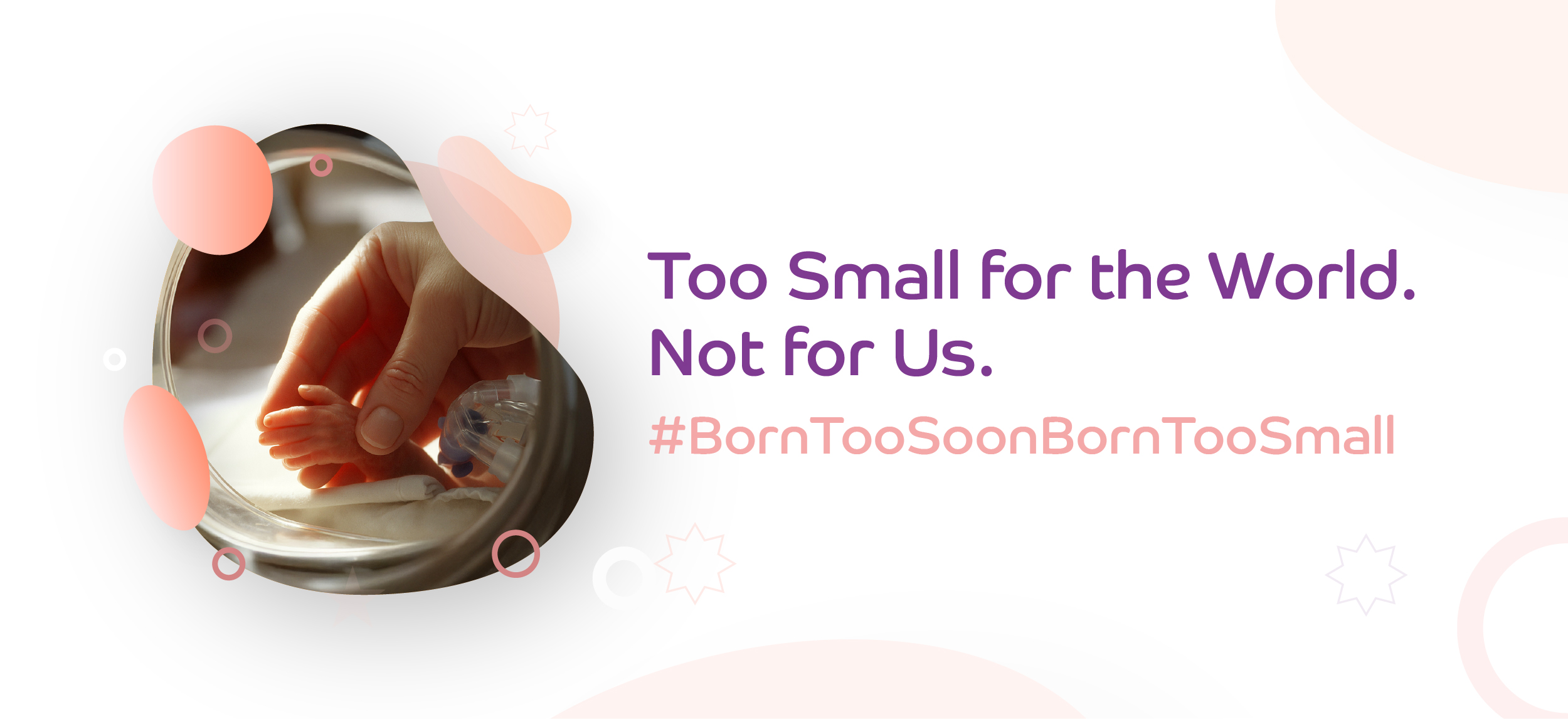Categories
Anxiety During Pregnancy: How to manage tips
Aug 22, 2025
Why Anxiety Shows Up?
Big life change, hormonal shifts, new responsibilities, of course, the mind gets loud. Anxiety During Pregnancy can look like persistent worry, racing thoughts, a tight chest, poor sleep, and sometimes panic-like symptoms.When it lingers for more than two weeks or starts to affect daily function, that’s the cue to escalate from “coping” to “active care” with an obstetrician looped in. Evidence supports therapies like CBT, mindfulness-based strategies, sleep hygiene, and structured social support as effective first-line steps during pregnancy.
Signs to Take Seriously
- Worry that doesn’t switch off interferes with work, rest, or relationships.
- Physical symptoms: rapid heartbeat, breathlessness, sweating, dizziness, GI upset, or panic episodes.
- Intrusive or repetitive thoughts, compulsive checking, or severe fear of childbirth (tokophobia).
- Sleep that’s broken beyond “normal pregnancy discomfort,” leaving exhaustion by day.
What Actually Helps (Consistently)
- Cognitive Behavioural Therapy (CBT): targets unhelpful thought loops and teaches skills like diaphragmatic breathing; strong perinatal data.
- Mindfulness and relaxation: guided breathing, progressive muscle relaxation, short daily practice; small inputs, reliable returns.
- Movement: regular, gentle activity (walking, prenatal yoga) improves mood, sleep, and anxiety control; clear safety wins when cleared by an obstetrician.
- Sleep discipline: steady schedule, screens out, cool/dark room, and strategic naps if nights are fragmented.
- Support network: partner/family/friends, or structured groups, externalise worries and shrink them.
Medication: When, Why, How
Sometimes skills aren’t enough, and that’s not failure, that’s physiology. For moderate-to-severe anxiety during pregnancy, clinicians may consider medications with known reproductive safety profiles, often SSRIs, after a clear risk–benefit discussion. Do not stop or start medication without medical guidance; abrupt changes can worsen symptoms. Benzodiazepines are used cautiously and selectively; shared decision-making is key.
Daily Playbook (Simple, Repeatable)
- Morning: 5–10 minutes of paced breathing (inhale 4, exhale 6), short walk or gentle stretches, caffeine restraint.
- Midday: boundaries on doom-scrolling; a 3-minute reset, box breathing or a brief body scan.
- Evening: worry “download” in a notebook, light meal, wind-down routine (no screens last hour), consistent bedtime.
- Weekly: one therapy session or guided program; one honest check-in with the obstetrician on mood/sleep/anxiety.
Red Flags: Don’t Wait
- Panic symptoms that escalate or don’t subside.
- Intrusive thoughts about harm, significant functional impairment, or any risk to self.
- Severe insomnia, appetite collapse, or signs of depression overlapping with anxiety.
Myths, Busted
- “It’s just hormones; ride it out.” No. Prolonged distress deserves treatment; earlier is easier.
- “Therapy takes too long.” Brief CBT can deliver tools within weeks; skills stack quickly.
- “Medication is off-limits.” Not universally true; some options have reassuring pregnancy data when clinically indicated.
Working With Your Care Team
The most effective plans pair lifestyle strategies with clinical follow-up. Share symptom patterns, sleep logs, and triggers with the obstetrician. Ask about local perinatal mental health services and group supports. Clear, coordinated care lowers anxiety and boosts adherence.
Conclusion
anxiety during pregnancy doesn’t need a hero narrative; it needs a system. Skills that fit the day. Support that shows up. And medical guidance that’s calm, accurate, and timely.If the next step is finding a team that handles both physical and emotional health seamlessly, BirthRight by Rainbow Hospitals brings experienced obstetrician-led care with access to perinatal mental health support, so plans are practical, personalised, and aligned with safety. Thoughtful care now pays dividends in late pregnancy, birth, and the fourth trimester. That’s the point.
Disclaimer: This blog aims to provide general information and should not be considered a substitute for professional medical advice, diagnosis, or treatment. Always consult a qualified healthcare provider about your health. If you think you may be experiencing a medical emergency, seek immediate help.











